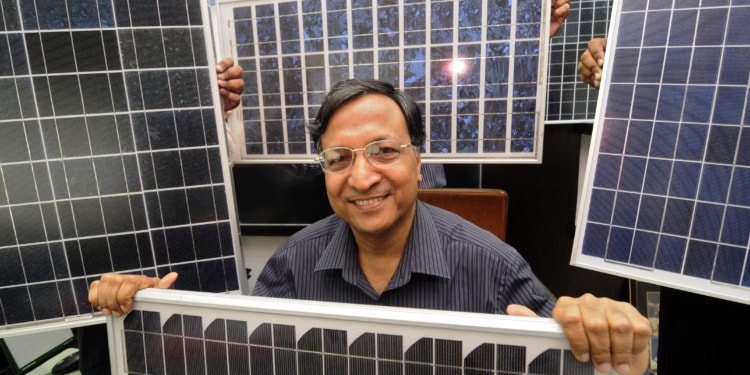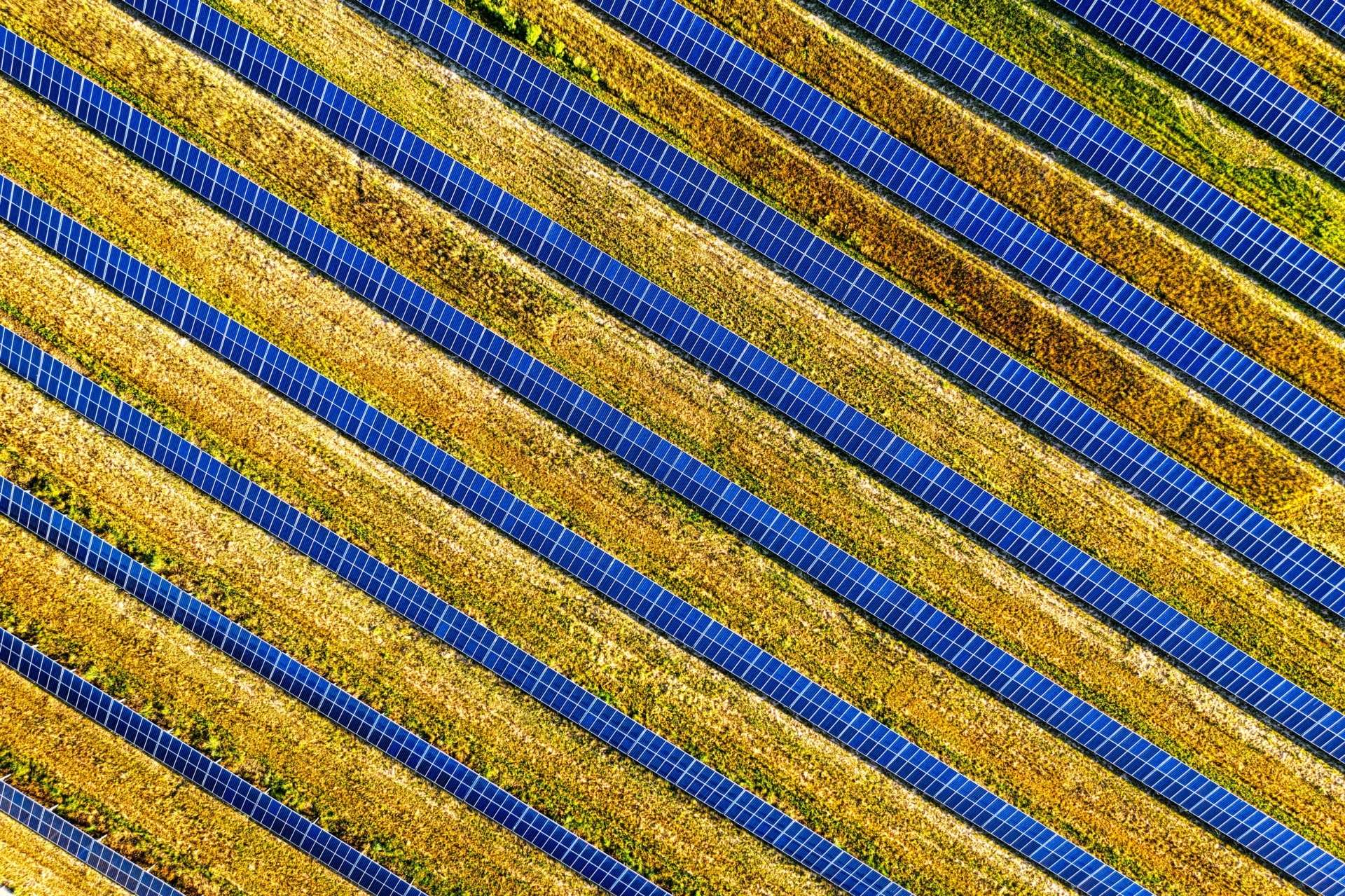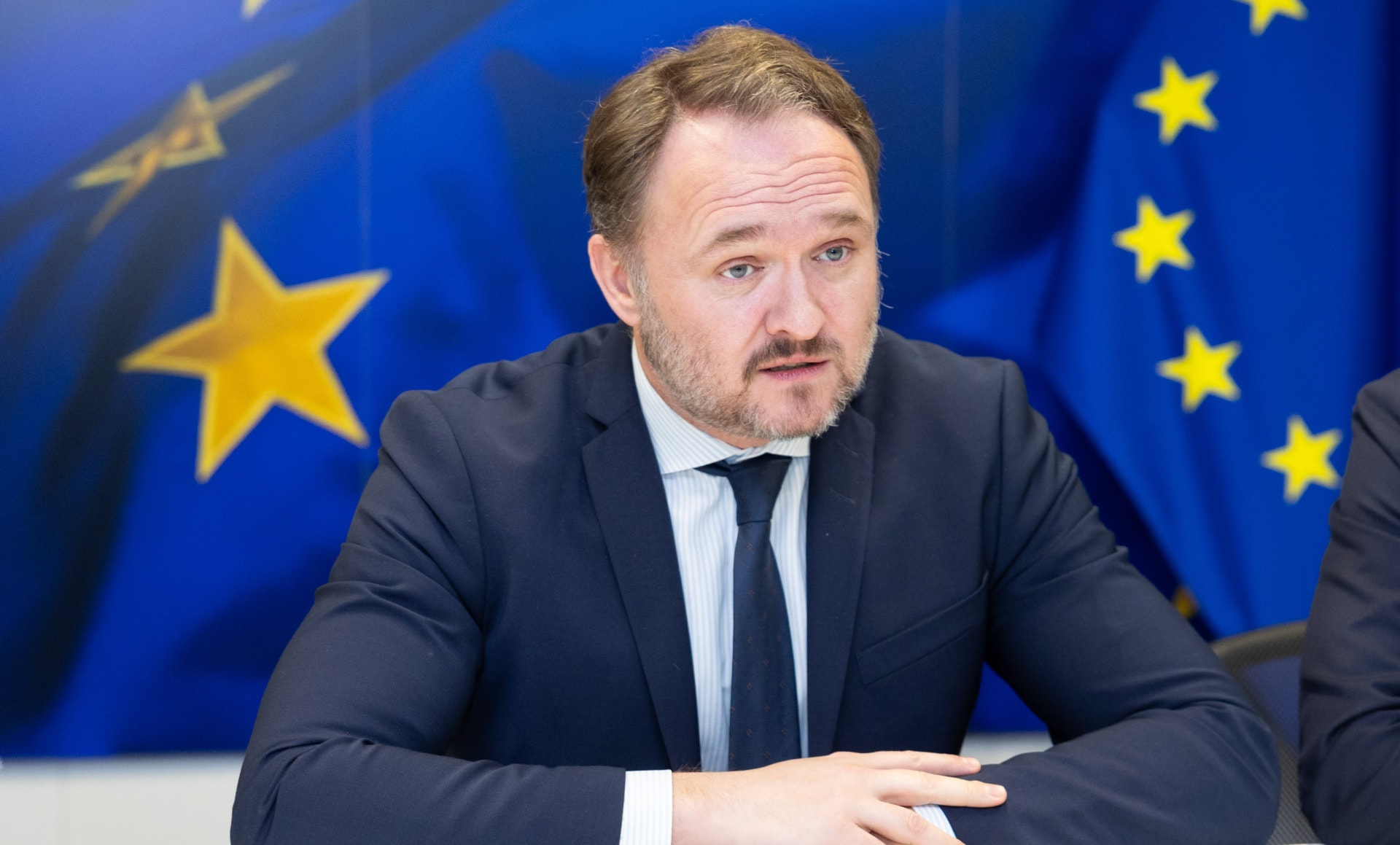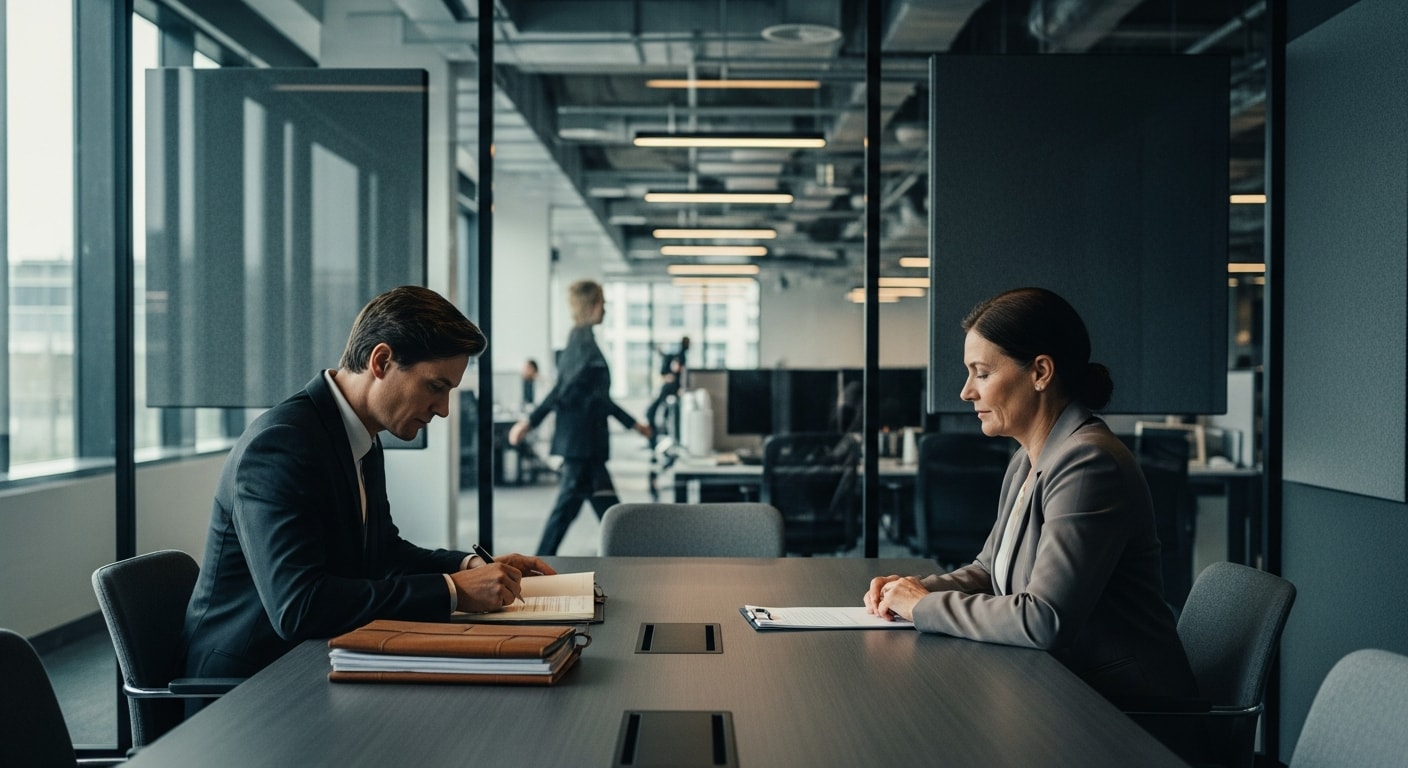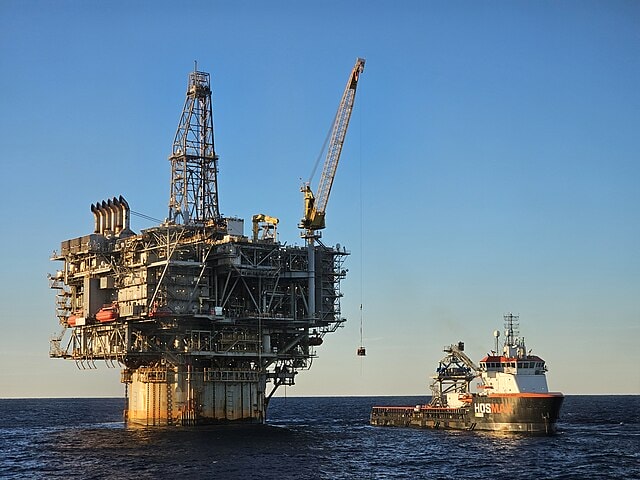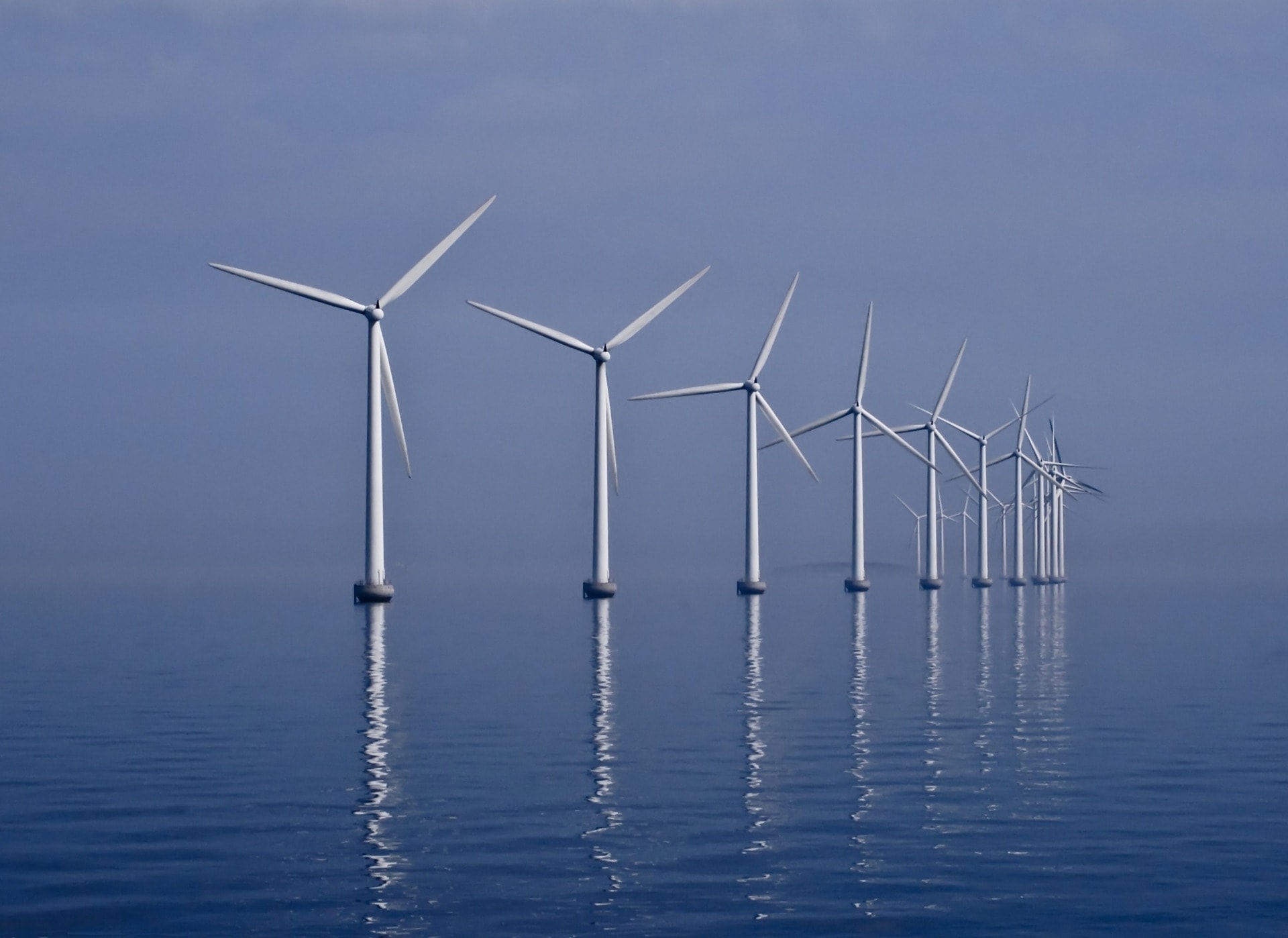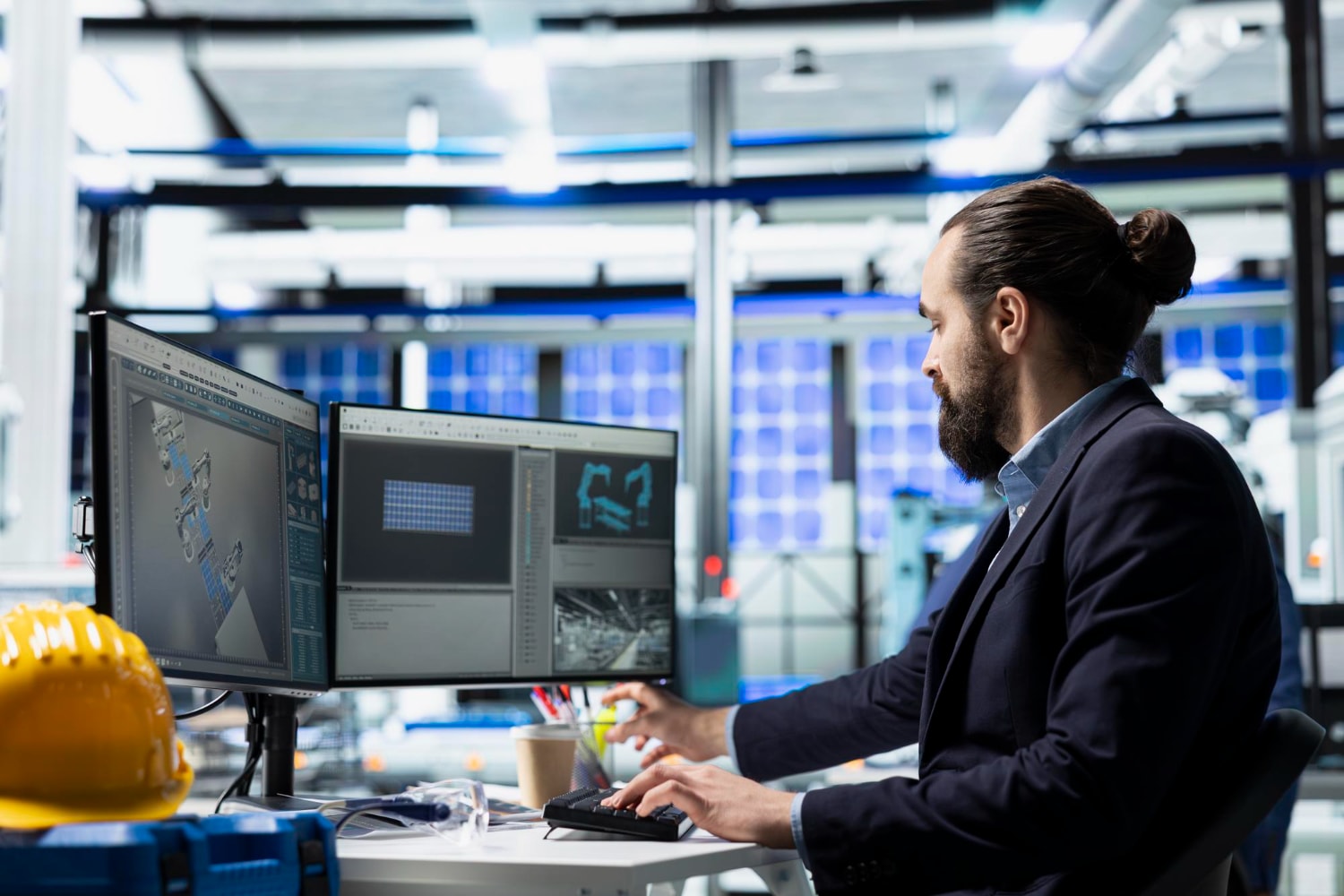This article is part of “The Good Council” series, based on the World Future Council’s podcast of the same name. The series gives a behind-the-scenes look at the organization’s trajectory, from revolutionary ideas to reality, and offers insights into its current agenda. The podcast provides inspiration, laughter, and food for thought through intergenerational dialogue between its founders, senior Councillors, and young entrepreneurs and activists from around the globe.
The World Future Council aims to give our children and grandchildren a healthy planet with just and peaceful societies. To achieve this, the foundation identifies, develops, highlights, and spreads awareness of future solutions for current challenges humanity is facing, awarding them with the unique Future Policy Award.
The Council consists of fifty eminent global changemakers from civil society, science, politics and business. They meet annually at the World Future Forum to discuss the most urgent challenges and policy solutions.
The guest in “The Good Council” podcast episode that this article is based on is Dipal Chandra Barua, Councillor of the World Future Council from Bangladesh and social entrepreneur working in the fields of green energy and combatting poverty.
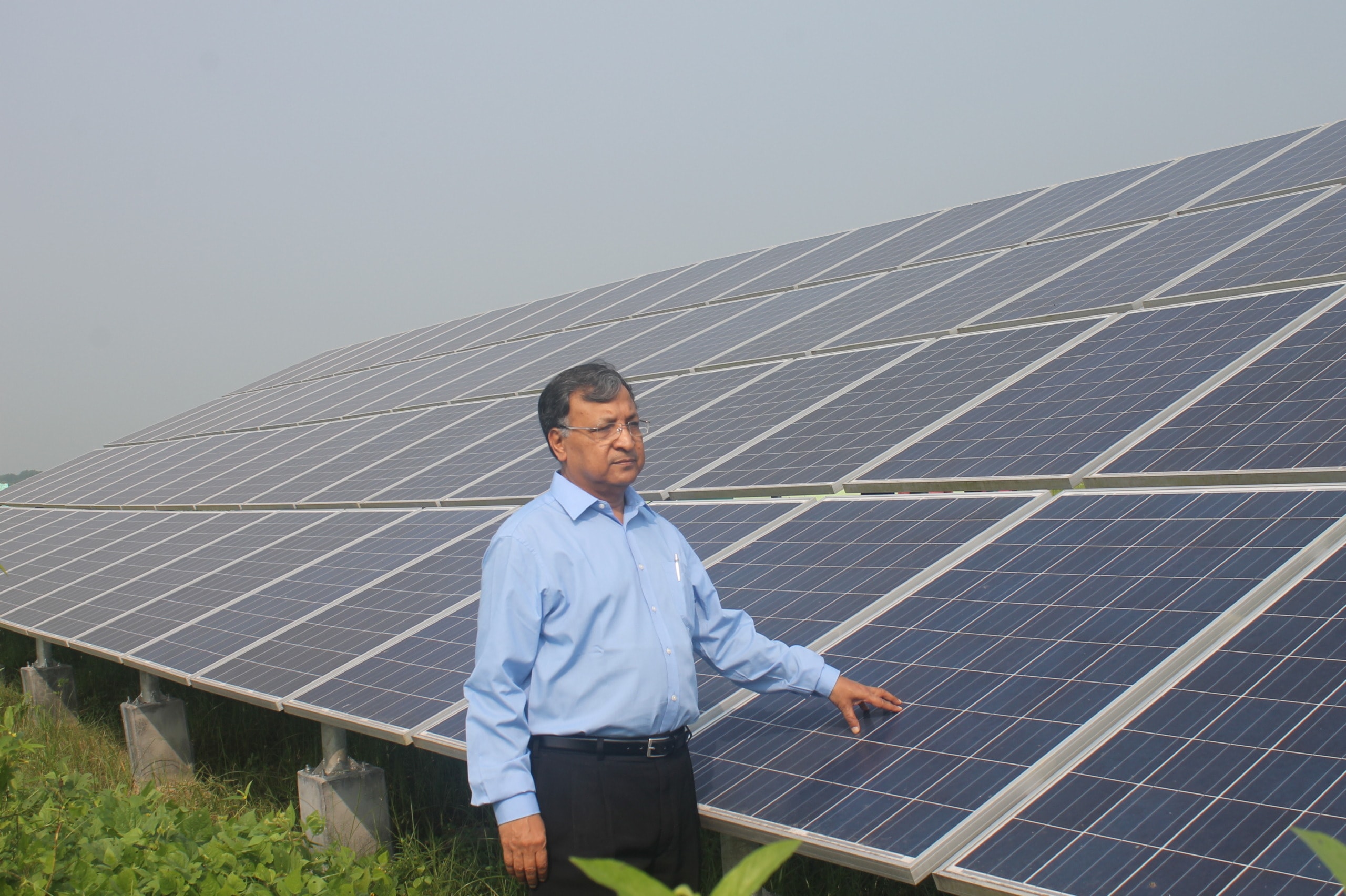
In 2006, the microfinance institution Grameen Bank, which Dipal Chandra founded together with Muhammad Yunus, received the Nobel Peace Prize for its success in fighting poverty. The Bank lends micro credits to poor people in Bangladesh without the requirement of classical securities.
Chandra’s enterprise Grameen Shakti supports the diffusion of Solar engineering and the use of other renewable energy sources in villages of Bangladesh, and has received the Right Livelihood Award for its active engagement in environmental protection. The Bright Green Energy Foundation, which Dipal Chandra manages at present, was honoured with Zayed Future Energy Prize in 2009.
In August 2015, Dipal Chandra became the president of the South Asian Network for Clean Energy (StANCE), a regional network of clean energy associations recommending policy coordination and facilitating knowledge sharing. It promotes access to finance and pursues shared action aimed at an accelerated and rapid transition to clean energy in South Asia.
Here is what the World Future Council’s Kübra Yildiz and Mr Dipal Chandra spoke about.
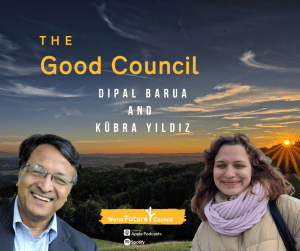
Kübra Yildiz: What can other countries learn from a county like Bangladesh and its experience of implementing renewables?
Dipal Chandra Barua: Bangladesh is a country with solar home systems. We have more than six million solar home systems in rural areas. I’m very happy to be a part of this. I’m involved from day one in designing and implementing more than one million solar home systems, biogas plants, and arsenic removal plants. The initiative became very big in Bangladesh — even the government took it as a national programme and our honourable Prime Minister inspired the whole country to replicate it in the very remote, rural areas.
Related Articles: On Activism and the Environment: Interview With Thais Corral | Turning Desert Into Fertile Soils: Interview With Helmy Abouleish
The Prime Minister decided that by 2041, 40% of electricity should come from renewable sources in Bangladesh. Together with the World Future Council, we have published a 100% renewable energy map of Bangladesh. I believe the mindset is gradually changing because of our initiative, and that the solar home system model can inspire other countries.
Kübra Yildiz: You founded the Grameen Shakti, which supports the diffusion of solar engineering and the use of other renewable energy sources in villages of Bangladesh. Why did you decide to invest in solar power?
Dipal Chandra Barua: We found solar energy very suitable because we have plenty of sunlight in Bangladesh: around 340 days are sunny, and even in the rainy season, it rains just for one hour, and then the sky is clean. In Bangladesh, everybody was using kerosene for lighting, even for cooking. For the cost of kerosene, you can buy a solar home system.
It is now a reality that even very poor people buy solar home systems because they can afford them. The price is so low — around $50, $25. Initially, it was expensive, but thanks to our initiative, Grameen Shakti, rural people get loans now. They can save money from kerosene, and they become owners of the system. It is already a kind of social prestige for a family to have a solar home system.
This way, we can reduce carbon emissions — we calculated that one solar home system with 50 Watts saves half a ton of carbon emissions in one year by replacing kerosene.
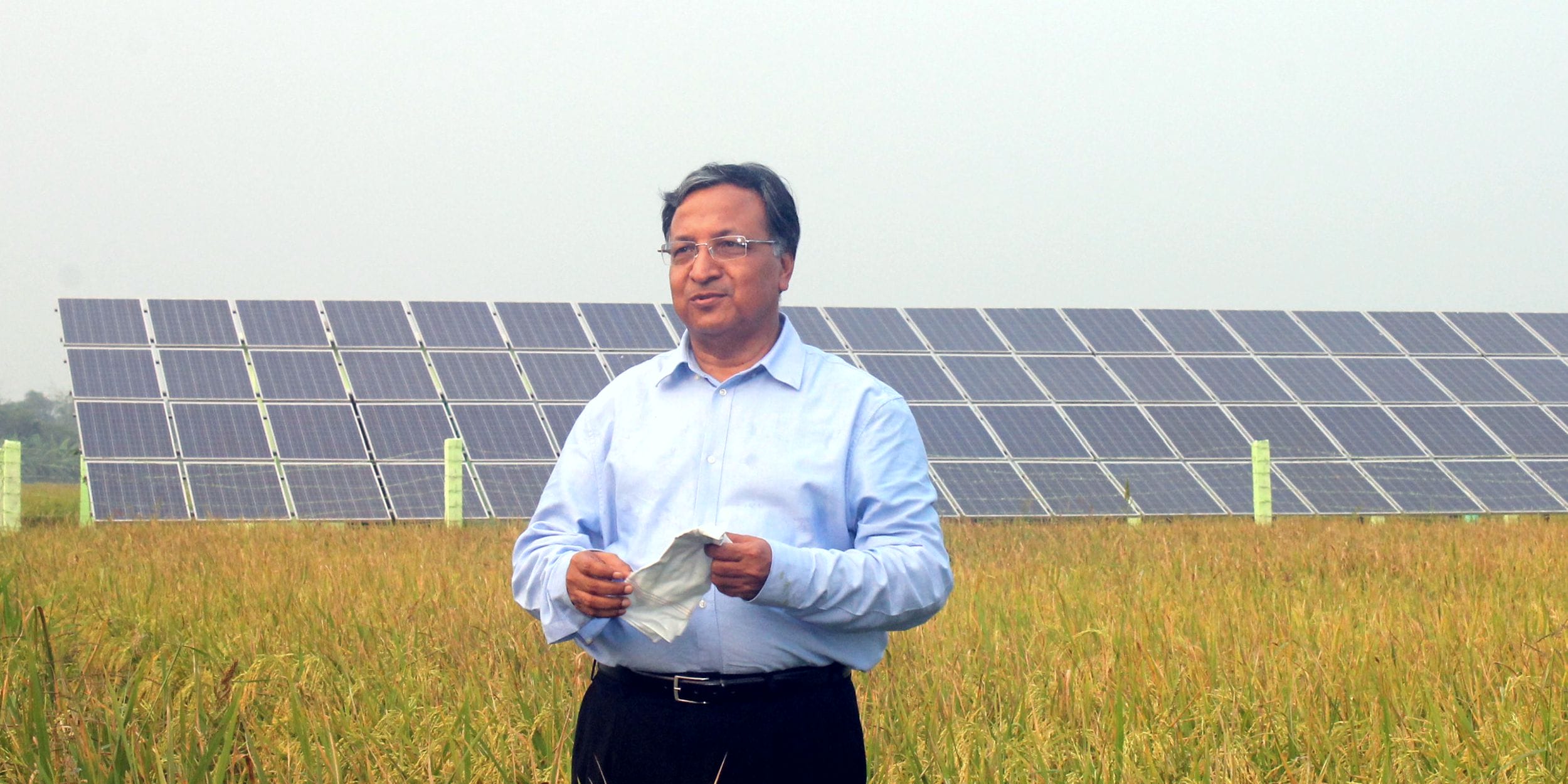
Kübra Yildiz: This is a success story. Tell us more about Bright Green Energy Foundation and what you’re working on at the moment.
Dipal Chandra Barua: Bright Green Energy Foundation is working not only with renewable energies, but we also plant trees and remove arsenic from drinking water. We are trying to educate our children on solar energy. We are training farmers to produce rice and vegetables so that they can get more income. We are also working in the agricultural sphere by making solar irrigation pumps and cultivating fish under solar panels.
We are planning to raise the height of the solar panel so that cultivation can happen underneath. So, our question is how to make 100% renewable energy households. Bright Green Energy Foundation is demonstrating examples of this project and working at the ground level to sensitise customers, sensitise society, and sensitising policymakers.
Kübra Yildiz: What do you think of today’s youth activities and their participation in politics? Why are they so important for our future?
Dipal Chandra Barua: I think the youth participation is very, very important because they can figure out what they need to do in the future; because the reality has changed — 20 or 25 years ago the electricity rate in Bangladesh was only 15%. The remaining 85% of people had no electricity, and more than 100 million people lived without electricity. Now the electricity rate is 99%, but only 15% comes from solar energy.
The “Youth: Present” initiative of the World Future Council can play a very, very important role by connecting young people with experienced Councillors. You can take the lessons from our experience, but you have to take a new initiative because your reality is different. We also need to influence politics through policy changes, policy updates, or new policy adoption, creating a new mindset.
Kübra Yildiz: And are you hopeful about the future? Do you see hope?
Dipal Chandra Barua: I believe renewable energy is spreading, and not only in Bangladesh — we also see other countries coming up. We have to reduce the usage of fossil fuels and we need modern green energy to save our planet and our environment.
— —
Every other week, the Councillors of the World Future Council get together with young activists and changemakers from around the globe to speak for “The Good Council Podcast.” New episodes are released every other Monday and can be listened to here.
Editor’s Note: The opinions expressed here by the authors are their own, not those of Impakter.com — Featured Photo Credit: Dipal Chandra and solar panels. In the Featured Photo: World Future Council/Mehdi Chebil.


